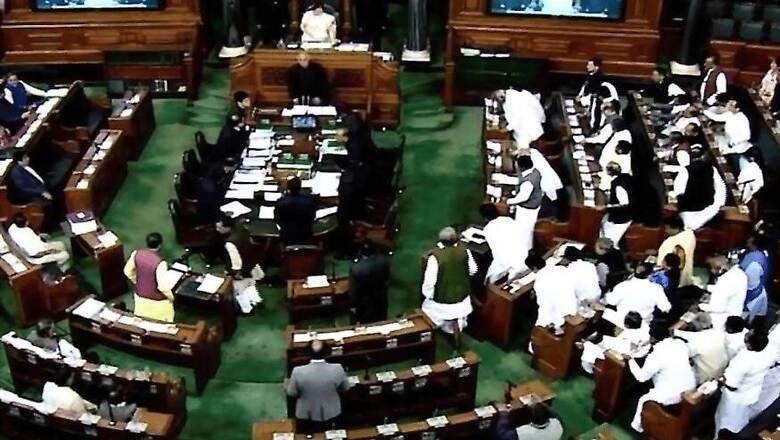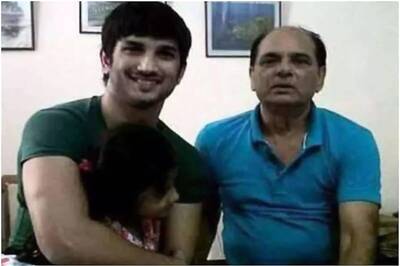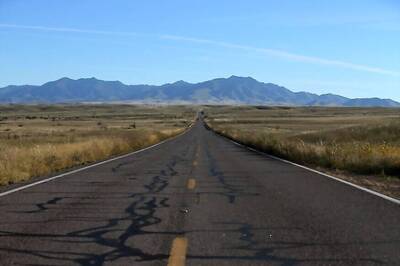
views
New Delhi: The recently concluded Monsoon Session of Parliament was remarkably productive, an analysis by think-tank PRS Legislative Research has shown.
According to the analysis published on its website, the Monsoon Session for the Lok Sabha has shown 110% productivity and the Rajya Sabha has been 66% productive. This means the Lower House of Parliament worked slightly more than its scheduled time and the Upper House worked for nearly 70% of its designated time, the rest being wasted due to disruptions.
In terms of man hours, the Lok Sabha functioned for 112.1 hours and Rajya Sabha for 62.5 hours.
In terms of productivity, the just concluded Parliament session seems to be a huge leap over the previous Budget Session, whose productivity analysed on the same parameters by the same think-tank, was found to be a mere 21% in the Lok Sabha and 31% in the Rajya Sabha. The widely reported findings of PRS Legislative Research had claimed it to be the worst session, in terms of productivity, in the last four years.
A news portal, IndiaSpend, had calculated a combined loss of Rs 198 crore to the exchequer due to interruptions and forced adjournments in the lower house this session.
The analysis of Monsoon Session by PRS also shows that a huge chunk of Parliament’s time — 55 hours — was spent on legislative business. This was over 50% of the total time spent by the country’s lawmakers in Parliament.
The crucial time of question-hour sessions was similarly found to be actively spent by the lawmakers on seeking responses from the relevant ministries. In this session, productivity of Lok Sabha was 84% and that of the Rajya Sabha was 68%. Though in sheer numbers, more questions — 90 — were answered by the government’s representatives in Rajya Sabha than in Lok Sabha — 75.
Three new bills were passed in this session, including the Criminal Law (Amendment Bill), which ensures stringent punishment for those convicted of raping girls below 12 years of age. A total of 12 bills were passed by both Houses of Parliament.
Among other bills that were passed in this session, two bills that are likely to have far-reaching impact, and are likely to be discussing in the upcoming poll campaigns, are the restoration of original provisions of The Scheduled Castes and the Scheduled Tribes (Prevention of Atrocities) Amendment Bill, 2018, and the The Constitution (123rd Amendment) Bill, 2017, which gives constitutional status to the OBC commission.
The former is likely to assuage anger within the Dalit community over the perceived ‘dilution’ of punishment as ruled by the Supreme Court earlier this year, which had sparked-off ‘Bharat Bandh’ protests across the country on April 2. The latter is likely to be quite popular within the OBC community as the national backward commission would get empowered to include different castes as backward category, thus, passing them the benefit of reservation, apart from addressing the complaints of the atrocities against them.




















Comments
0 comment